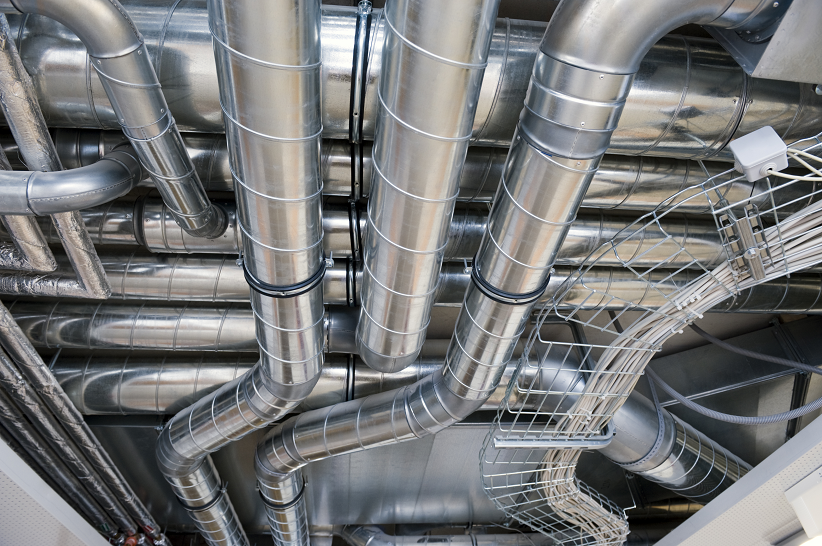Environmental control is a very important part of any life science facility. The Heating, Ventilation & Air Conditioning (HVAC) system helps to ensure proper environmental conditions for your processes— whether in production, quality control, or research and development.
The greater your cleanliness requirements, the greater the importance of the HVAC system. The HVAC system also plays a large part in providing a comfortable working environment, with desired temperature and an influx of fresh air.
So – what requirements are applicable for your facility? The following will help you, by providing questions to take into consideration.
1. Do I really need terminal HEPA-filters?
Don’t go there unless you really need to. It costs a lot to maintain these high standards. For any non-classified room, HEPA-filters can be considered overkill, unless you have a really good reason for it.
2. Do I need to have my HVAC running 24/7?
Provided the design is correct, running your HVAC system 24/7 is the best and simplest way to ascertain that your room conditions are fulfilled at all times. It is, however, expensive to do so.
3. Can I reduce airflow during off hours when no critical activities are occurring?
Yes. You can save quite a bit of energy and money by doing so. You will need to know how long it takes for the room conditions to return to their desired level, and must also make sure this practice doesn’t negatively affect the EMS.
4. Can I turn off the entire HVAC-system during off-times when no activities take place?
The HVAC system, or parts of it, could be switched on and off depending on the characteristics of the process/area (for example, in pharmaceutical clean areas, the HVAC is turned off only when maintenance is required). This is a bigger risk as dust will settle, room conditions will not be controlled, and there will be no pressure zones.
And, when you start up your HVAC system again, settled dust will swirl and potentially contaminate your facility, especially if hot and humid uncontrolled room conditions have provided ample breeding grounds for mold and other microbes.
If you go this way, you must be able to show that going off HVAC pose no extra risk for your site.
5. Do I need 100 percent fresh air intake or can I reuse some of the conditioned air using re-circulation?
Re-circulating conditioned air can save a lot of energy (and money) because you don’t have to condition as much fresh air (for instance, heating, humidifying, dehumidifying air, depending upon your requirements).
Some areas cannot use re-circulated air, such as areas with high levels of solvent fumes or a high level of moisture. Having a very potent product can also be a cause for avoiding re-circulation, unless you have a very good (verified and controlled) filter system.
